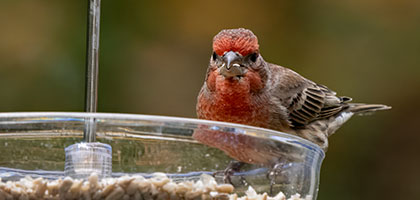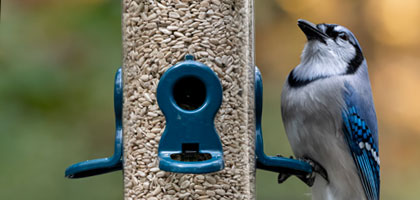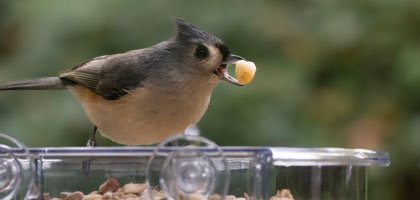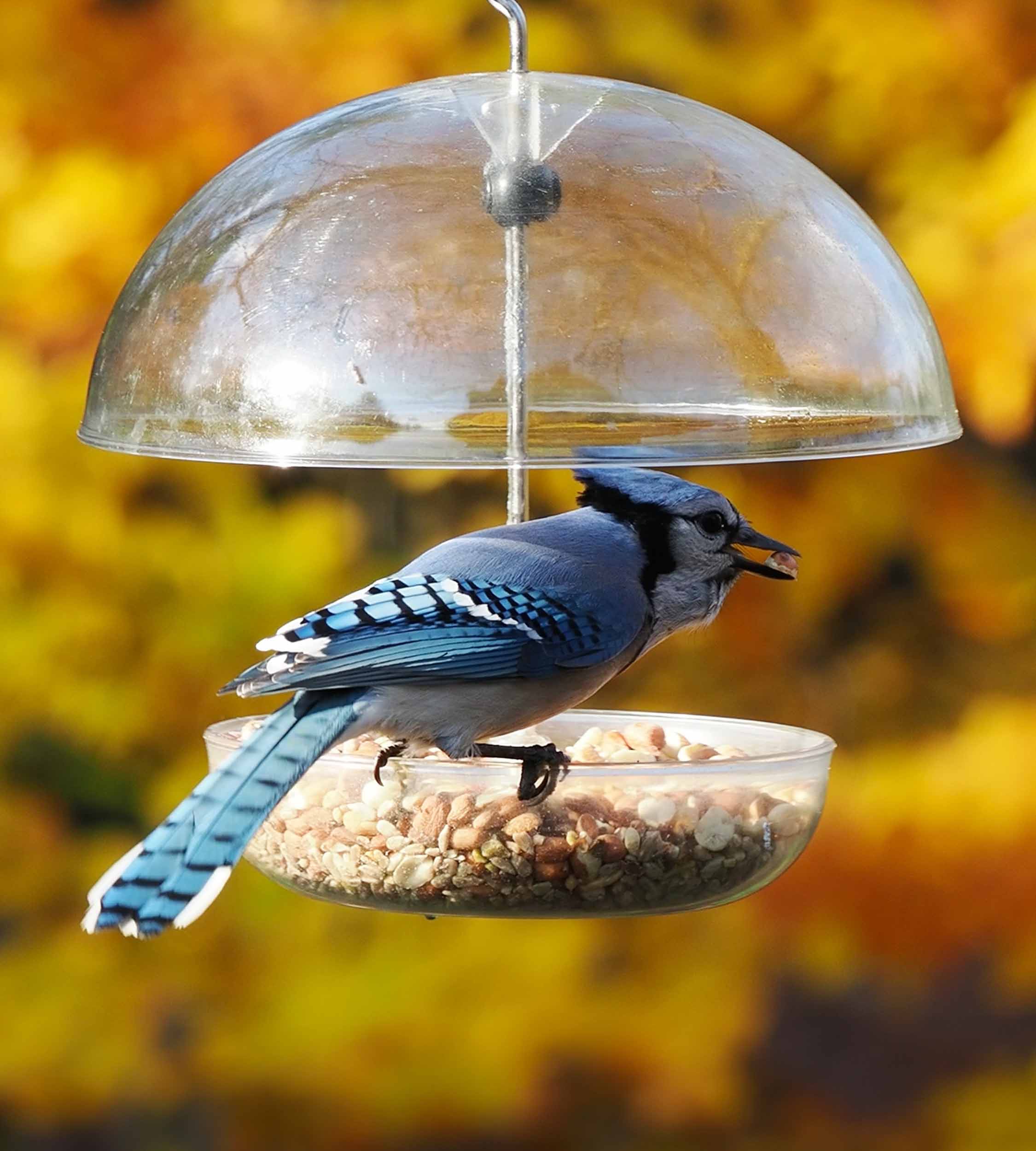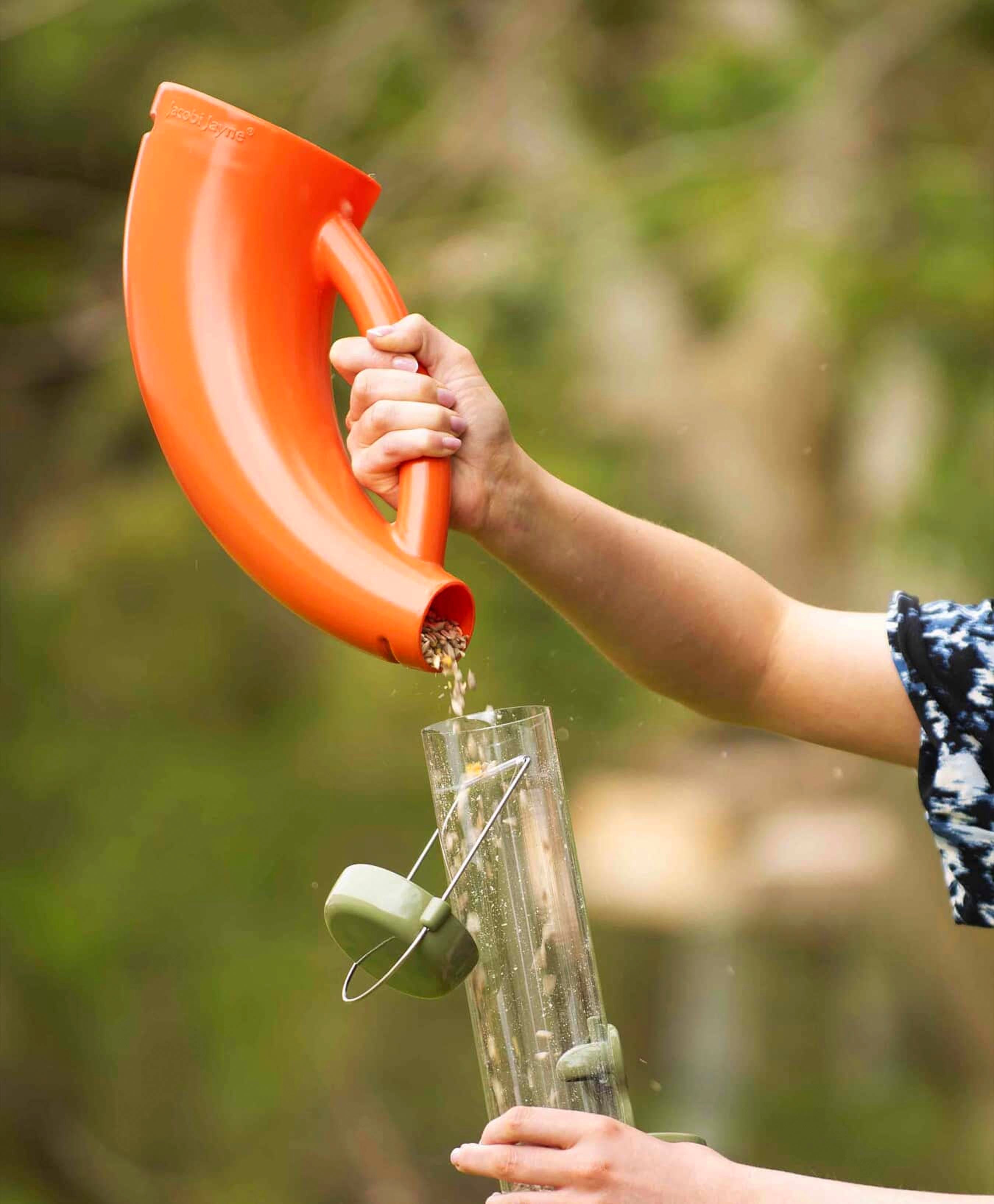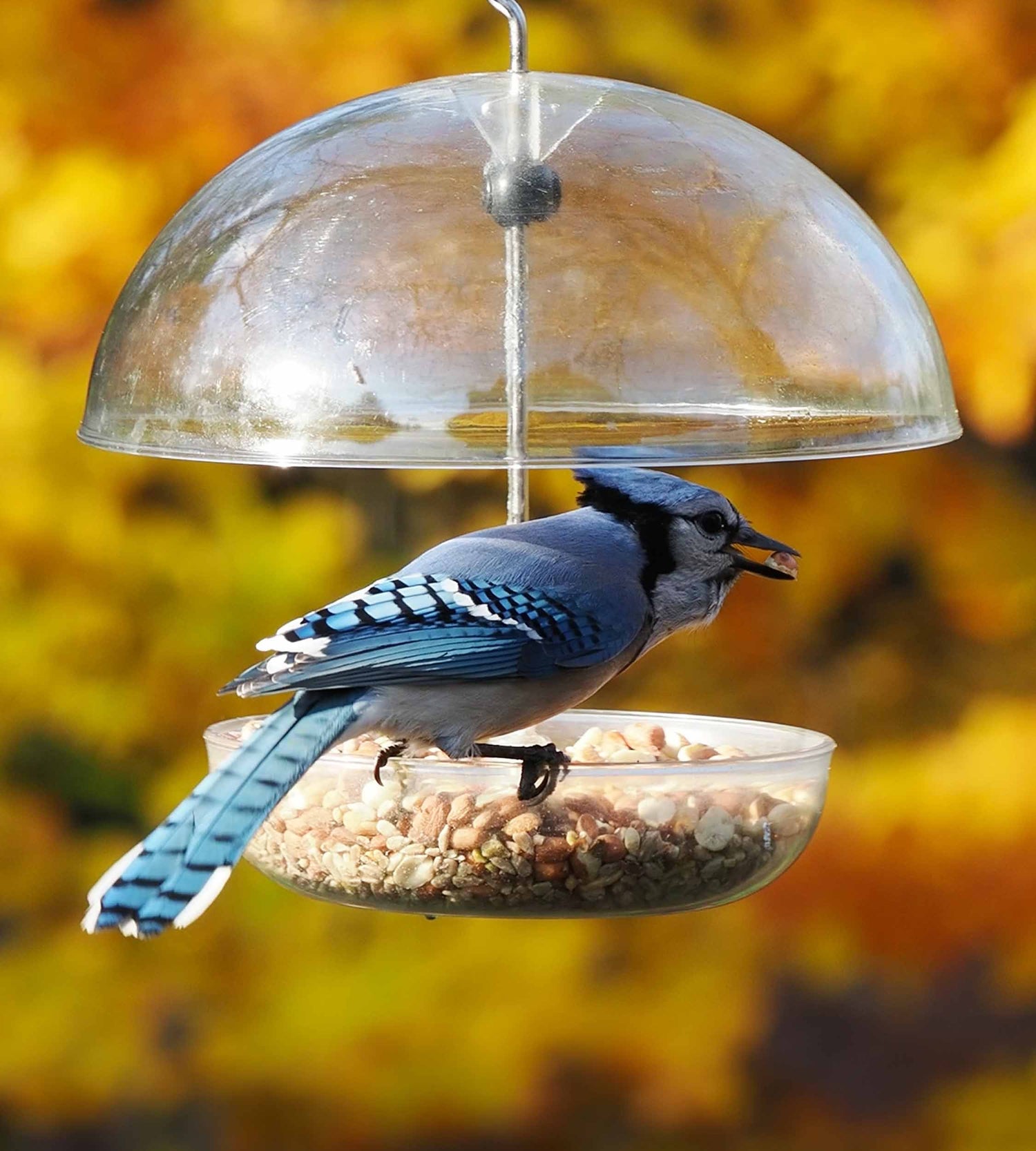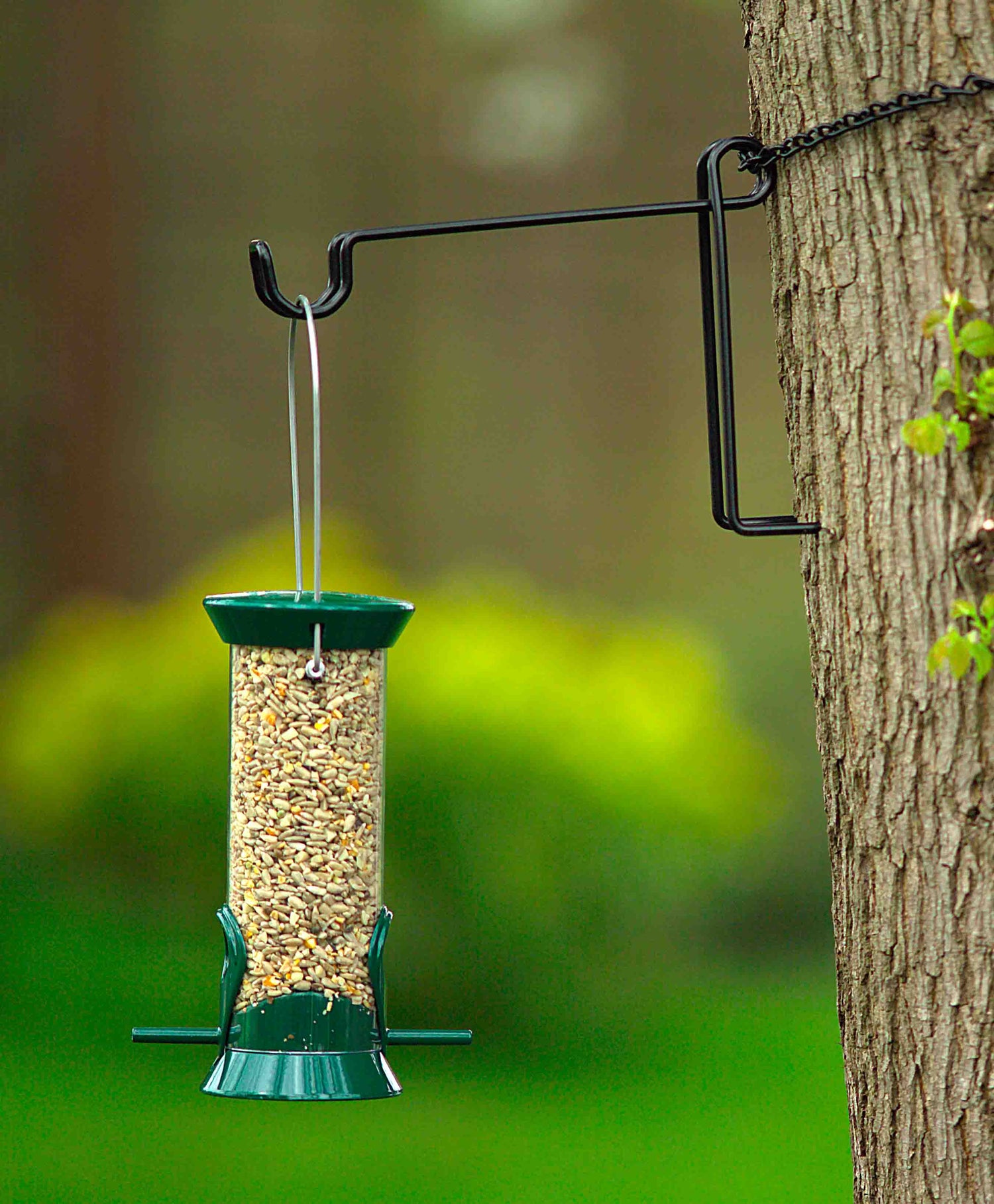Feeding birds can be a rewarding activity, offering a chance to observe a variety of bird species up close. However, there may be situations where you need to stop feeding birds, whether temporarily or permanently. Understanding the implications of stopping can help you make informed decisions about when and how to discontinue feeding.
Impact on Bird Populations
Birds are highly adaptable creatures. Many species, such as jays, orioles, woodpeckers, bluebirds, and finches, can find food on their own even if you stop providing bird seed, suet cakes, or other types of bird food. They are naturally equipped to forage for seeds, insects, and fruits in the wild. However, if birds have become heavily reliant on your feeder, especially during harsh winters, they may initially struggle to adjust.
Seasonal Considerations
One important factor to consider is the season. Many bird enthusiasts wonder when to stop feeding birds in spring. As the weather warms, natural food sources become more abundant. This is an ideal time to reduce or stop feeding, as birds can easily find food elsewhere. Similarly, during summer, birds can feast on insects, fresh fruits, and seeds available in nature.
Effects on Specific Bird Types
Different bird species have varying dietary needs. For example, woodpeckers enjoy suet balls and peanuts, while finches prefer seeds and mixes, and orioles are attracted to fresh fruit. Stopping feeding may impact these birds differently. Small bird feeders or large bird feeders that cater to specific birds might need to be maintained longer if those birds show signs of dependency.
Alternative Feeding Strategies
If you're concerned about the abrupt cessation of food, you can gradually reduce the amount you're providing. Transition to natural food options, such as planting native plants that produce seeds and berries, or providing a water source. This can help birds adjust to natural foraging without suffering from a sudden loss of food.
Environmental and Ethical Considerations
Stopping feeding can also have environmental benefits. Bird feeders can sometimes become crowded, leading to the spread of disease. Reducing food can help minimize these risks. Ethically, allowing birds to rely on their natural foraging skills can be beneficial for maintaining a balanced ecosystem.
Conclusion
In conclusion, while stopping feeding birds may initially seem concerning, it is generally safe for most bird species. By considering the season, bird types, and gradually transitioning to natural feeding methods, you can minimize any negative impacts. Remember that birds are resilient and capable of thriving in their natural habitats.
If you've stopped feeding birds and observed changes in their behavior, share your experiences with us. Your insights can help others make informed decisions about their bird-feeding practices.
